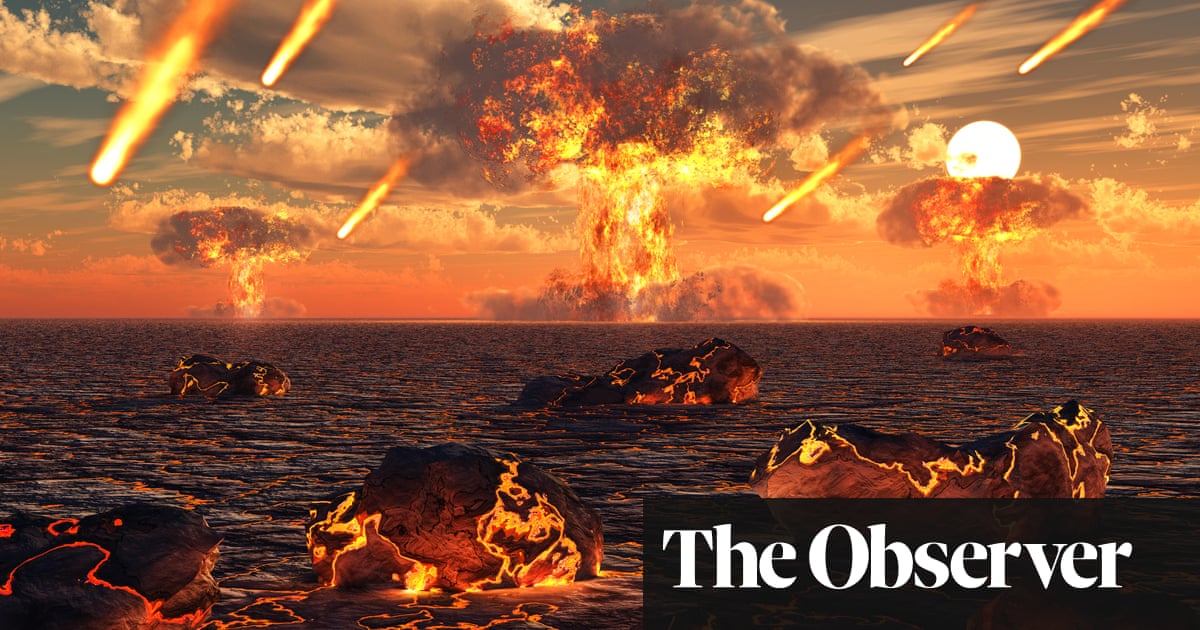For scientists, our earliest ancestor wasn’t Adam or Eve but Luca. Luca didn’t look anything like us – it was a single-celled bacterium-like organism. A recent study by a team of scientists based in the UK has delivered rather shocking news about this illustrious forebear. Despite having lived almost as far back as seems possible, Luca was surprisingly similar to modern bacteria – and what’s more, it apparently lived in a thriving community of other organisms that have left no trace on Earth today.
Luca – short for the last universal common ancestor, the progenitor of all known life on Earth – seems to have been born 4.2bn years ago. Back then our planet was no Eden but something of a hell on Earth: a seething mass of volcanoes pummelled by giant meteorites, and having recovered from a cosmic collision that blasted the world apart and created the moon from some of the fragments. There is good reason why the geological aeon before 4bn years ago is called the Hadean, after the Greek god of the underworld Hades.
If Luca really was so ancient, yet already so sophisticated and embedded in a whole ecosystem, there’s a startling implication that goes far beyond an understanding of our own origins. It suggests that life must have got started on Earth pretty much as soon as it possibly could have done. Which in turn implies that, given the right conditions and ingredients, life might not be an extremely rare and unlikely accident, as some scientists have believed, but rather, almost an inevitability, and therefore likely to be abundant in the universe.


